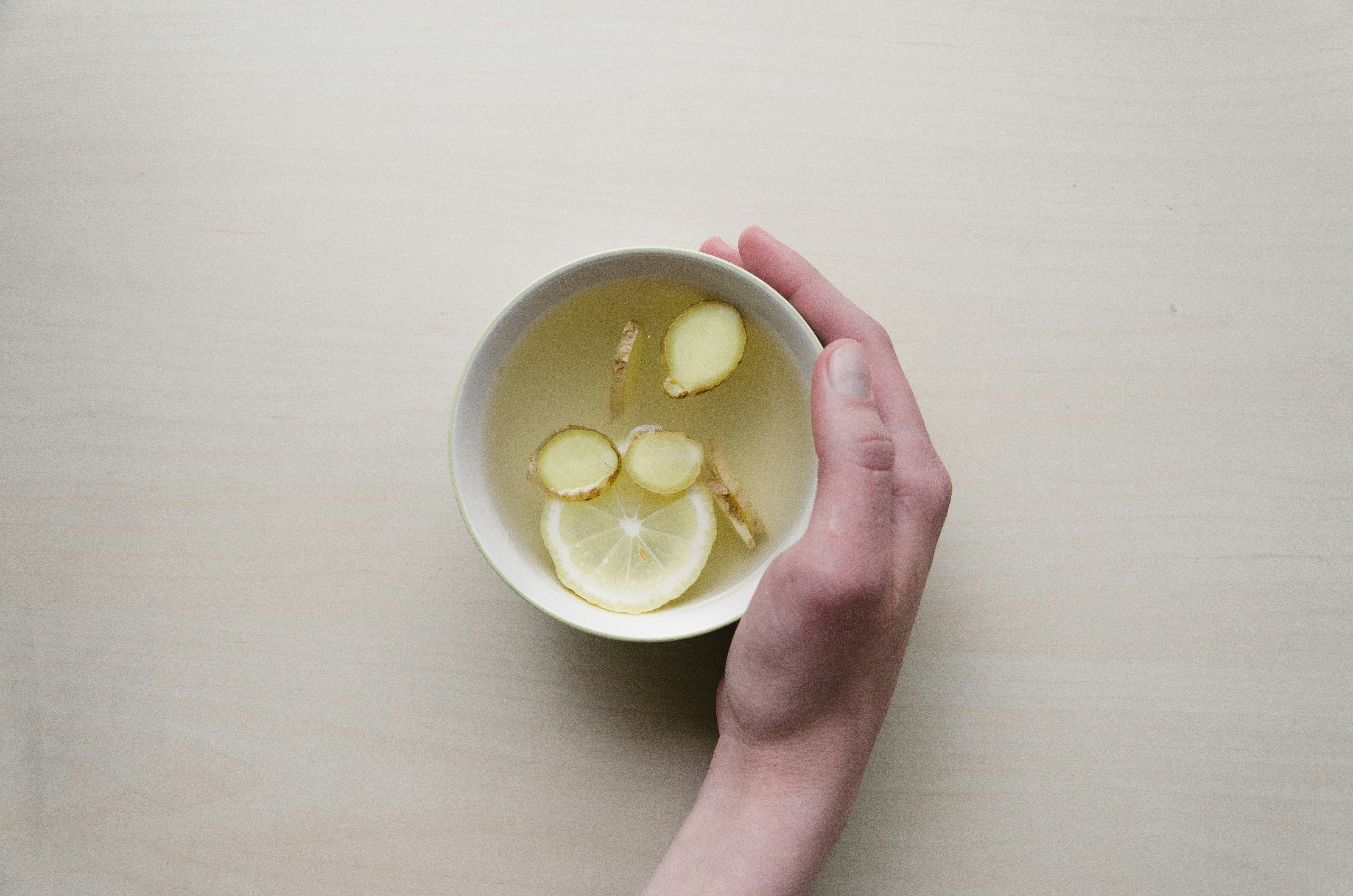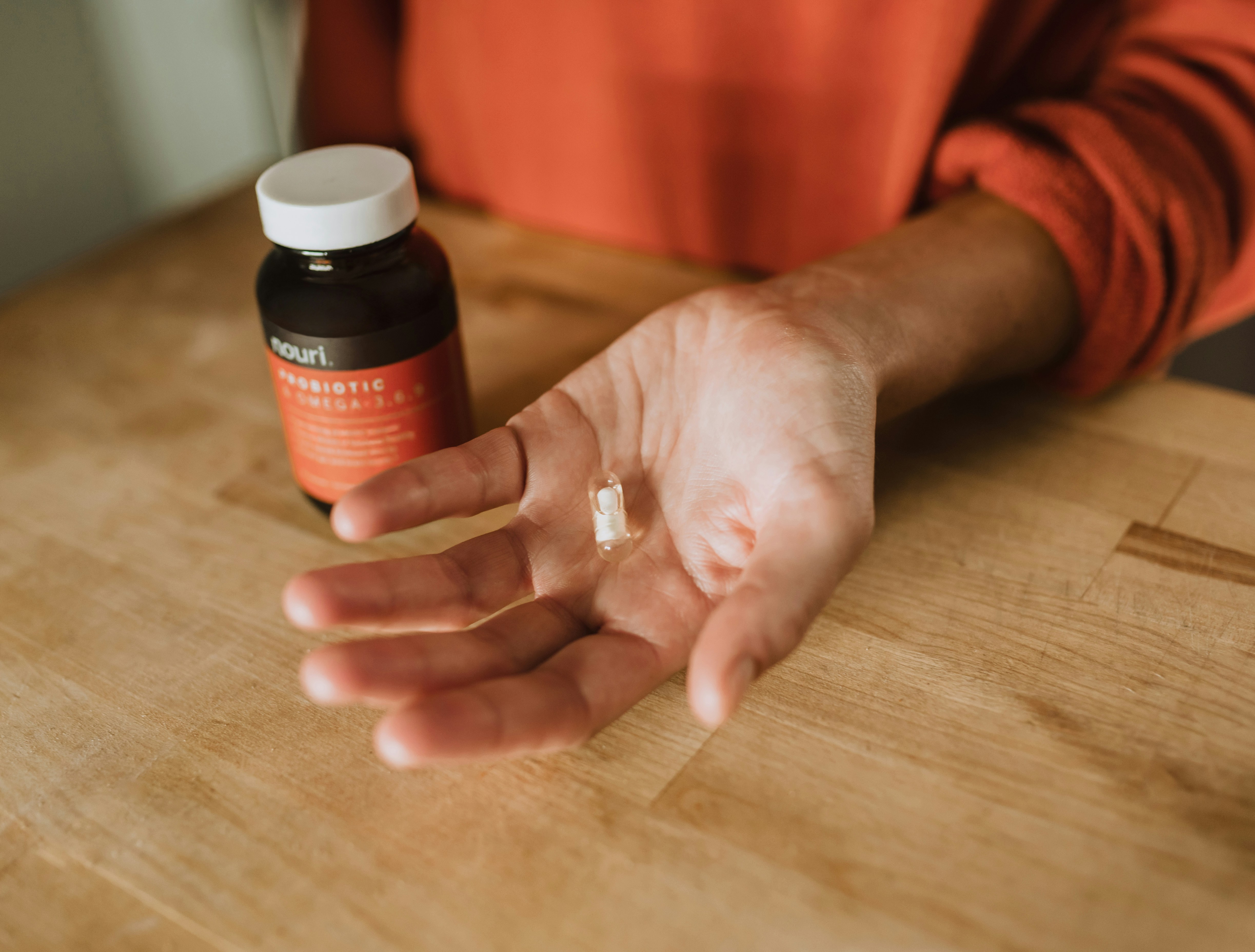Have you ever felt like your gut was trying to tell you something? You eat all the right foods, yet you still feel bloated or just off. It’s easy to overlook what’s happening inside your body, especially when it comes to understanding complex relationships like those between oxalates and gut dysbiosis.

Oxalates: What Are They?
Oxalates are naturally occurring compounds found in many plant-based foods. They can bind to minerals to form compounds such as calcium oxalate and iron oxalate. These little guys are interesting because they serve a role in the plants’ metabolism but can be a real pain for humans.
In moderate amounts, oxalates don’t usually cause issues, but problems can arise when you consume them in high quantities. For some people, consuming oxalates can lead to kidney stones or other health concerns. So, what’s happening here? Why do some people get away with munching on spinach (which is high in oxalates) like it’s celery sticks, while others can’t even look at it without cringing?
Foods High in Oxalates
| Food Item | Oxalate Content (mg per 100g) |
|---|---|
| Spinach | 750 |
| Beet Greens | 610 |
| Rhubarb | 540 |
| Almonds | 469 |
| Buckwheat | 133 |
Knowing what foods are high in oxalates can help you make informed dietary choices, especially if you find that you’re sensitive to them.
Gut Dysbiosis: What’s That About?
Gut dysbiosis is essentially an imbalance in the microbial environment of your intestines. Your gut houses trillions of bacteria, fungi, and other microbes, which play significant roles in digestion, immunity, and even mental health. So, when this balance gets thrown off, you can imagine it can lead to all kinds of health issues, from bloating and gas to more severe conditions like inflammatory bowel disease (IBD).
Dysbiosis can be caused by a variety of factors including diet, antibiotics, stress, and environmental influences. When your gut bacteria are out of whack, they can’t effectively break down molecules, absorb nutrients, or fend off harmful invaders, leaving you feeling less than stellar.
Common Symptoms of Gut Dysbiosis
Let’s look at some warning signs your gut might be giving you:
| Symptoms | Description |
|---|---|
| Bloating | Excessive gas can make your stomach feel tight. |
| Diarrhea or Constipation | Irregular bowel movements are a red flag. |
| Cravings | Unusual cravings for sugar or carbs. |
| Fatigue | Feeling inexplicably tired. |
| Mood Swings | Anxiety or depression without clear cause. |
If you’re experiencing any of these symptoms, your gut microbiome might be sending out an SOS.
The Connection Between Oxalates and Gut Dysbiosis
Now, let’s get to the heart of the matter: how do oxalates and gut dysbiosis intersect? To put it simply, a healthy gut biome can help metabolize oxalates effectively, making it less likely they’ll cause harm. On the flip side, a compromised gut won’t manage oxalates efficiently, which can lead to increased oxalate absorption and, consequently, more significant health issues like kidney stones.
Gut Bacteria and Oxalate Degradation
Some gut bacteria can break down oxalates and render them harmless. The most well-known of these is Oxalobacter formigenes. This bacteria uses oxalates as its primary energy source, which is great news for your body. If you have a healthy colony of Oxalobacter formigenes, you’re less likely to be affected by dietary oxalates.
However, not everyone has an abundant supply. Factors like antibiotic use, poor diet, or even genetic differences can reduce the population of these beneficial bacteria. This can lead to higher levels of oxalates making their way into your kidneys, potentially causing problems.
Lifestyle and Dietary Changes for Managing Oxalates
It can be daunting to think about changing your diet and lifestyle to manage something as seemingly hidden as oxalates. But the good news is, there are practical steps you can take.
Moderating Oxalate Intake
Knowing which foods are high in oxalates is half the battle. Reducing your intake of these foods can go a long way in managing symptoms.
Probiotic-Rich Foods
Probiotic foods can bolster your gut microbiome, making it more robust and capable of handling oxalates. Foods like yogurt, kefir, sauerkraut, and kimchi are excellent choices.
Hydration
Drinking plenty of fluids can help flush oxalates through your system more efficiently. Aim for at least 8-10 glasses of water a day.

Medical Interventions
When lifestyle changes aren’t enough, it might be time to consult with a healthcare provider. They can recommend specific treatments or therapies to help balance your gut bacteria and manage oxalate levels.
Antibiotic Considerations
Though antibiotics can mess with your gut flora, they are sometimes necessary. Discuss with your doctor the potential impact on your gut biome and whether probiotics could help mitigate any negative effects.
Supplements
Specific probiotic supplements can help reintroduce beneficial bacteria into your gut. Be sure to choose high-quality products and consult with a healthcare provider to ensure they’re right for you.

Conclusion: The Interplay Between Gut Health and Oxalates
Understanding the connection between oxalates and gut dysbiosis is crucial for anyone looking to optimize their health. Your gut biome plays a pivotal role in how well your body handles oxalates, making it essential to maintain a balanced and healthy gut.
Adopting a gut-friendly lifestyle, from diet modifications to possibly incorporating medical treatments, can help manage both gut dysbiosis and oxalate levels. Remember, your gut is more than just a part of your digestive system; it’s a complex ecosystem that needs care and attention. Listen to what it’s telling you, because a happy gut often leads to a happier you.



